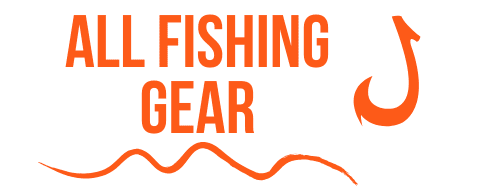To start in bass fishing tournaments as a beginner, research local clubs and events, familiarize yourself with tournament rules, practice on local waters, invest in quality gear, network with experienced anglers, attend pre-tournament meetings, develop a game plan, and focus on learning and improving your skills with each event.
You have a few years of fishing under your belt and you’re feeling pretty confident in your skills. Now, you’re looking to take things to the next level and step into the world of competitive fishing. Many anglers reach this point, only to ask the same question.
How do I get started in fishing tournaments?
If you’re seeking the answer to that question, keep reading. We’ve compiled this article with some of the basic information and useful tips related to fishing tournaments that will help you get on track to winning money and prizes with your favorite hobby.
This article is part of my Complete Guide to Bass Fishing series that you might be interested in.
Table of Contents
How to Find Fishing Tournaments
Finding local fishing tournaments in your neck of the woods has never been easier thanks to the resources of social media and the internet. By doing a quick internet search, you can usually find some fishing tournaments that are taking place in different regions all over the world. The sport of fishing is one that’s filled with the camaraderie between anglers and there are plenty of online message boards, forums, your local bass club and even social media groups or networks that are available to help get you into the game.
Personally, I prefer the old-school method of finding out about fishing tournaments or virtually anything else I want to know about fishing in a specific area. You can find the information you’re looking for at your local bait shop. It’s true that online retail giants have largely put the small-town mom-and-pop bait shops out of business, but there are still a handful of them left if you look hard enough to find them.
Many of these bait shops have the low-down on all the local fishing tournaments, whether it’s a competition organized by a large organization like Fishing League Worldwide (FLW) or any of the bigger saltwater fishing tournament associations worldwide. Some of these bait shops even run their own tournament circuit and it’s usually best to find a small, close-knit group to compete with when you’re just starting out.
In addition to the many different species you can go after, there are a huge variety of different styles of competitive fishing tournaments you can choose from. These include kayak fishing, surf fishing, trout rodeos, and jon boat tournaments, as well as the larger and more prestigious ones you’ve probably seen on television.
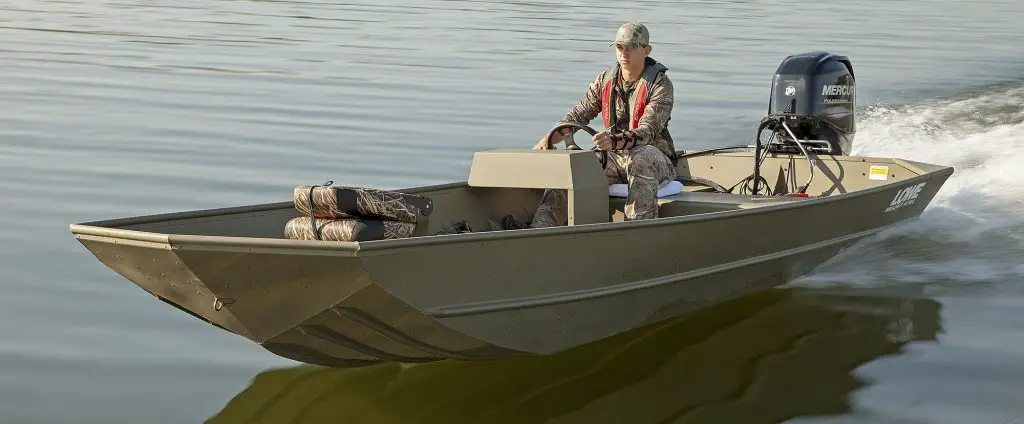
Count the Cost
Before you jump into the competitive fishing arena, you’ll need to assess just how much it will cost. You’ll have to pay an entry fee, or membership payment for some fishing circuits, but there are a slew of other things involved with fishing tournaments that can get quite expensive. The tournament director should be able to point you in the right direction in terms of rules and gear requirements.
To start, you’ll need to make sure you have the right gear and equipment that’s required by the tournament organizers. Some of these require that anglers use certain types of gear and equipment and might also have strict rules against using gas motors or specific kinds of fish finders.
Ask the organization for a list of rules and regulations associated with the fishing tournament you’re interested in so you can decide whether you want to comply with these rules. Check what type of fishing licence you will need to purchase.
You also need to understand that you’ll have to shell out money for travel expenses and lodging for some competitions, which can be the most expensive part of the tournament in some cases. Anglers who fish in tournaments also find themselves going through a considerably greater amount of lures and tackle since they are fishing more and sometimes taking more risks casting their line into areas where they can get snagged.
Do Your Homework
I highly recommend researching before you ever strike out on the fishing tournament trail. Thankfully, there are numerous online resources in the form of articles, e-books, podcasts and videos made by professional anglers who make a living with a rod and reel.
If your dream is to become a professional angler one day, the best way to start is to learn as much about fishing tournaments as you can from those who call their boat their office. Watching a fishing tournament on television, like the Bassmaster Elite Series, shows you the more exciting and glamorous side of competitive angling. However, you’ll have to make a lot of preparation, practice and sacrifices that you’ll never see on the TV screen.
In addition to studying what it’s like to be a tournament angler, it’s also wise to do your homework on the specific lake, river, or waterway you’re going to be fishing in. Being able to catch lots of sizable fish during the spring or summer when they are in a feeding frenzy is great, but you won’t be able to successfully use the same tactics and strategies during the fall or winter months.
Try to get a sense for where the fish are going to be at each time of the year, as well as which baits and lures work well for the type of fish species you’re going after. If you ask any fishing tournament winner, you’ll find that they usually spend more time researching and practicing on a certain body of water than they will actually fishing in the competition.
Read the fishing reports of your local lakes to learn what is working for locals.
I have put together a list of the best bass fishing rigs that you should learn how to use before you head onto the water.
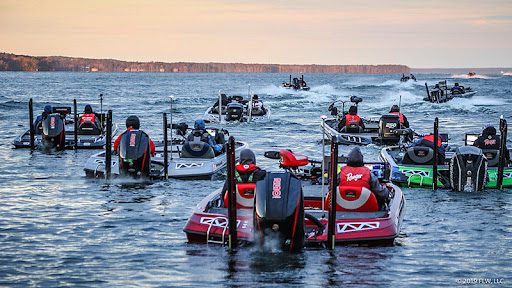
Get Your Feet Wet
The best way to get started in fishing tournaments is by joining up with someone who is already familiar with competitive angling. You can do this by joining a saltwater fishing team or seeking out a tournament angler that’s looking for a co-angler to join them. By fishing alongside someone who already has many years of experience in the sport, you’ll be able to learn the ropes without incurring as much risk as you would going solo.
When fishing with someone who is successful at tournaments, you’ll be able to take notes on where they are fishing, the techniques and lures they’re using, and how they adapt in different situations. They can also teach you things like etiquette, planning, and creating a winning strategy for a multi-day fishing event where you’re pitted against some of the best in the world.
Being able to get your feet wet in competitive fishing alongside someone who is already familiar with it lets you ask questions as you go along and gain a wealth of useful knowledge that will prepare you in your quest to become a champion.
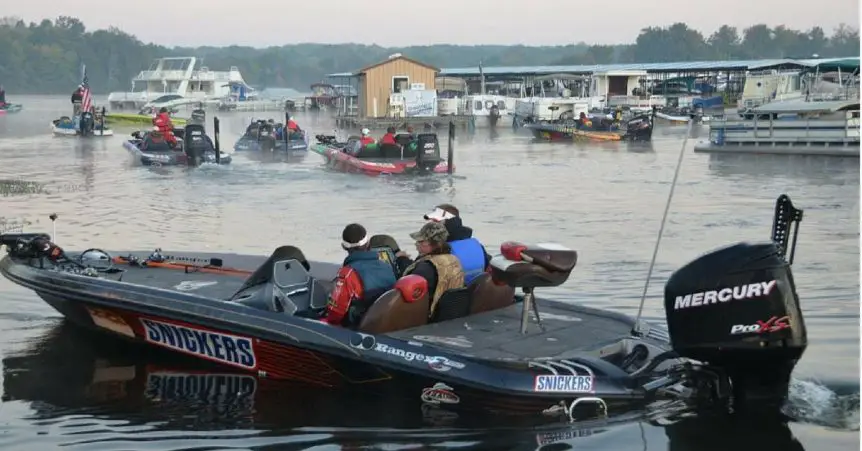
Have Fun
Lastly, it’s incredibly important that you always try to have fun on the water. Too many anglers make the mistake of getting caught up in the competition to the point that they forget why they started fishing in the first place.
I once asked my grandfather, an outstanding angler, why he never fished in tournaments. He responded by saying, “because I don’t like anyone telling me when I have to stop fishing.”
It’s great to fish in a highly-competitive tournament, but if you’re not having fun doing it, it becomes more of a job and less of a hobby. Many anglers lose the sense of enjoyment they used to get from fishing by entering a competition level that’s too difficult for them. It’s better to take small steps and, once you win a good number of amateur tournaments, jump to a larger stage.
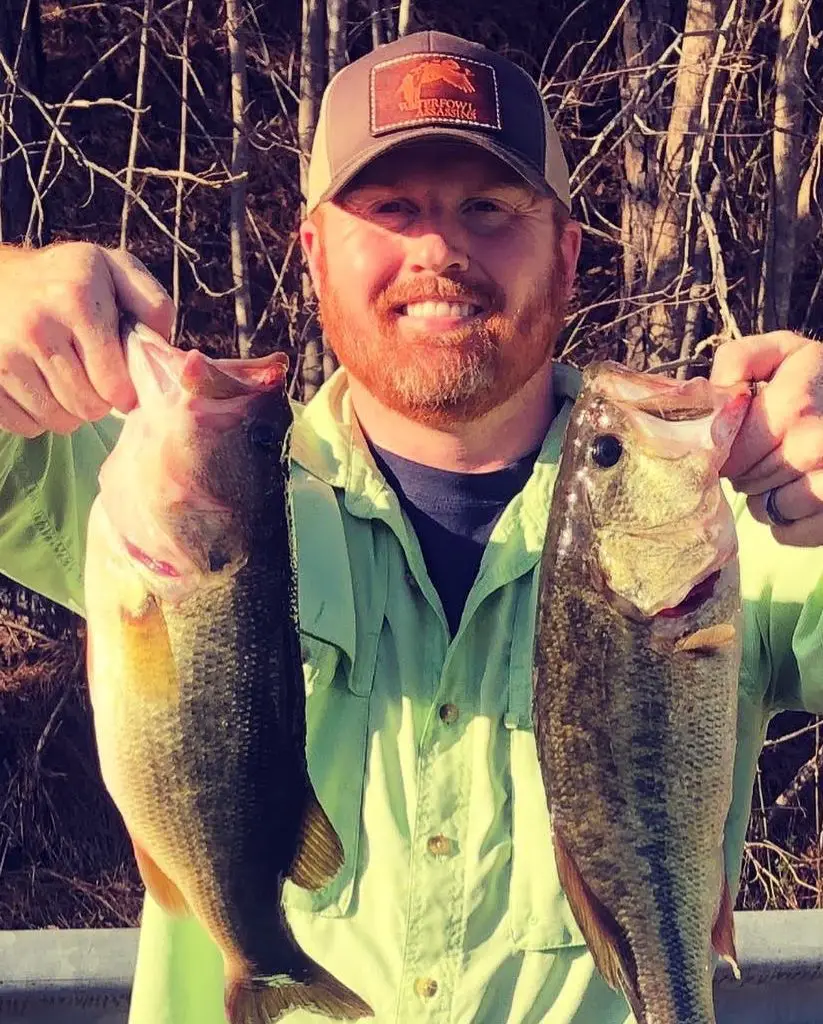
Conclusion
You can make plenty of mistakes in your first few seasons competing in fishing tournaments. It’s best to make those mistakes when fishing in a smaller tournament where there’s less pressure than to crash and burn at the professional or semi-pro level. By sticking to these tips, you can step into competitive fishing with confidence that will be the driving force behind your success.
